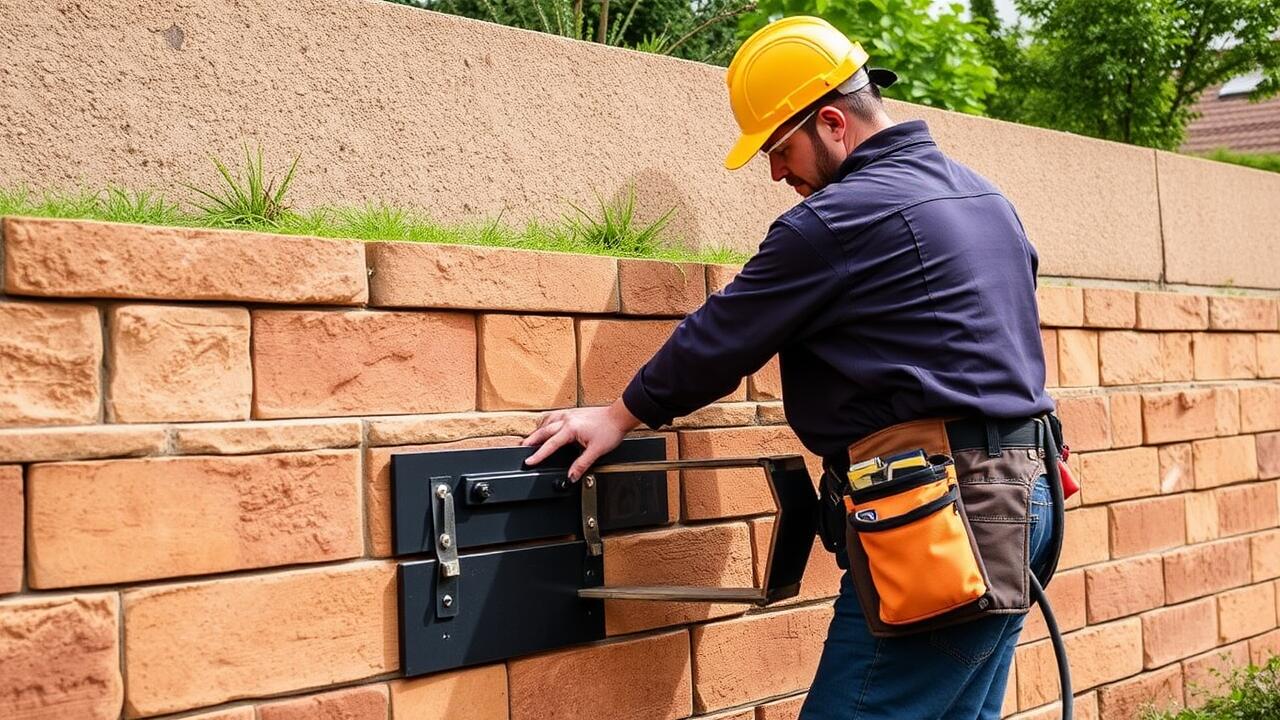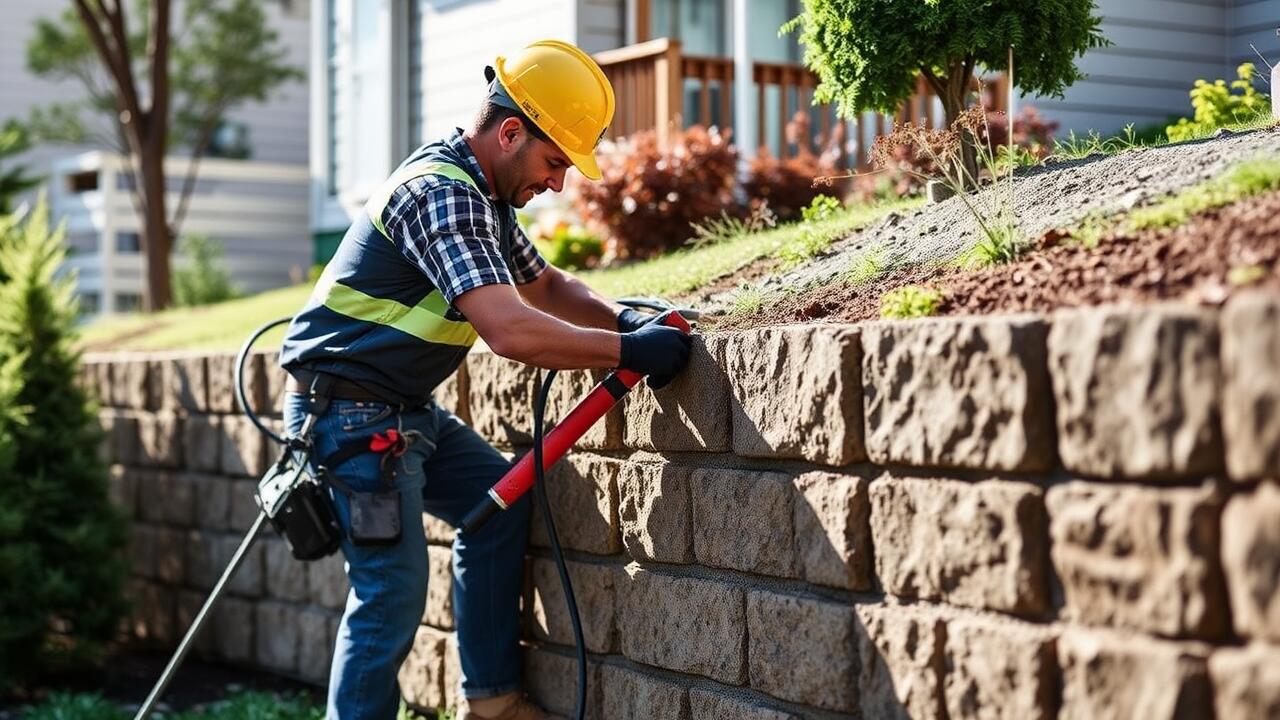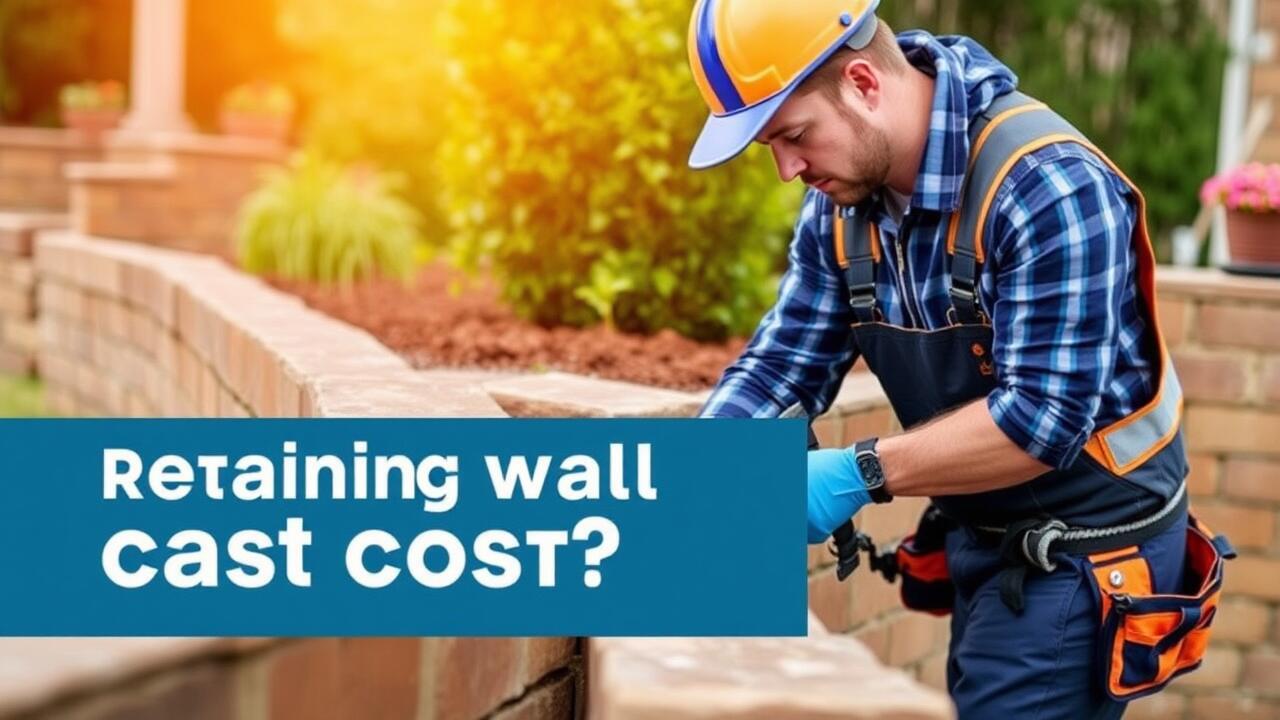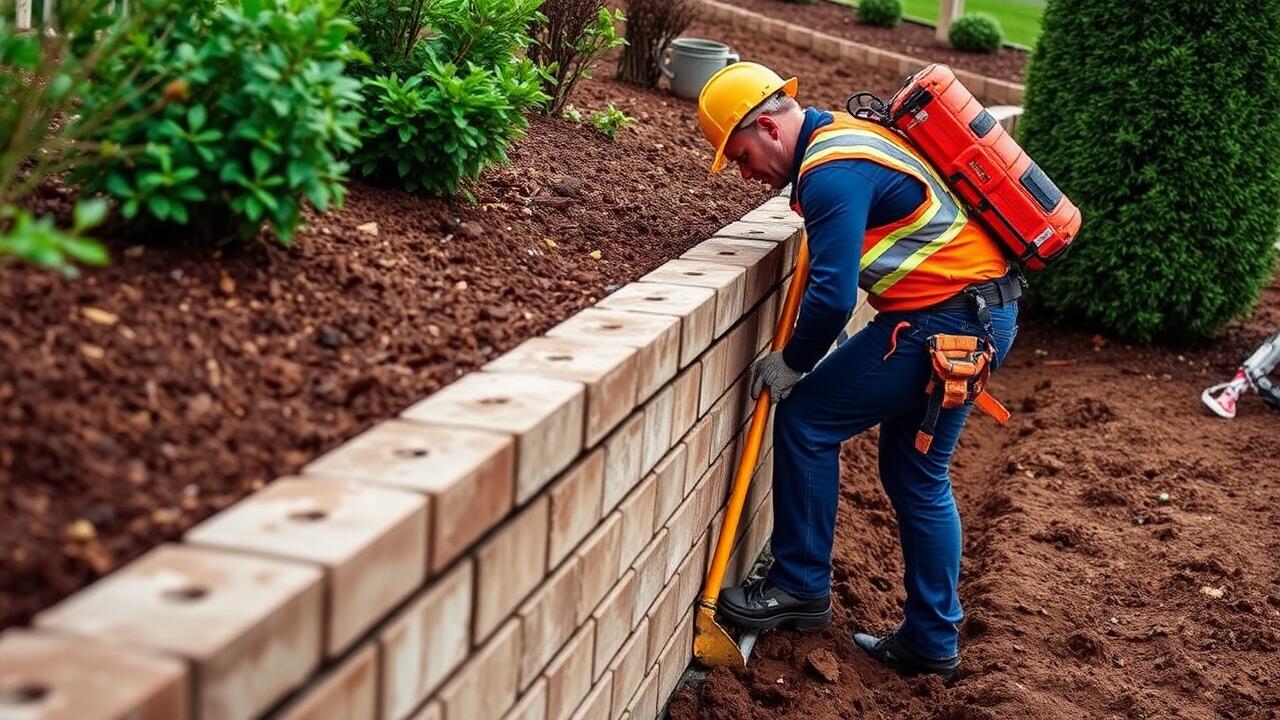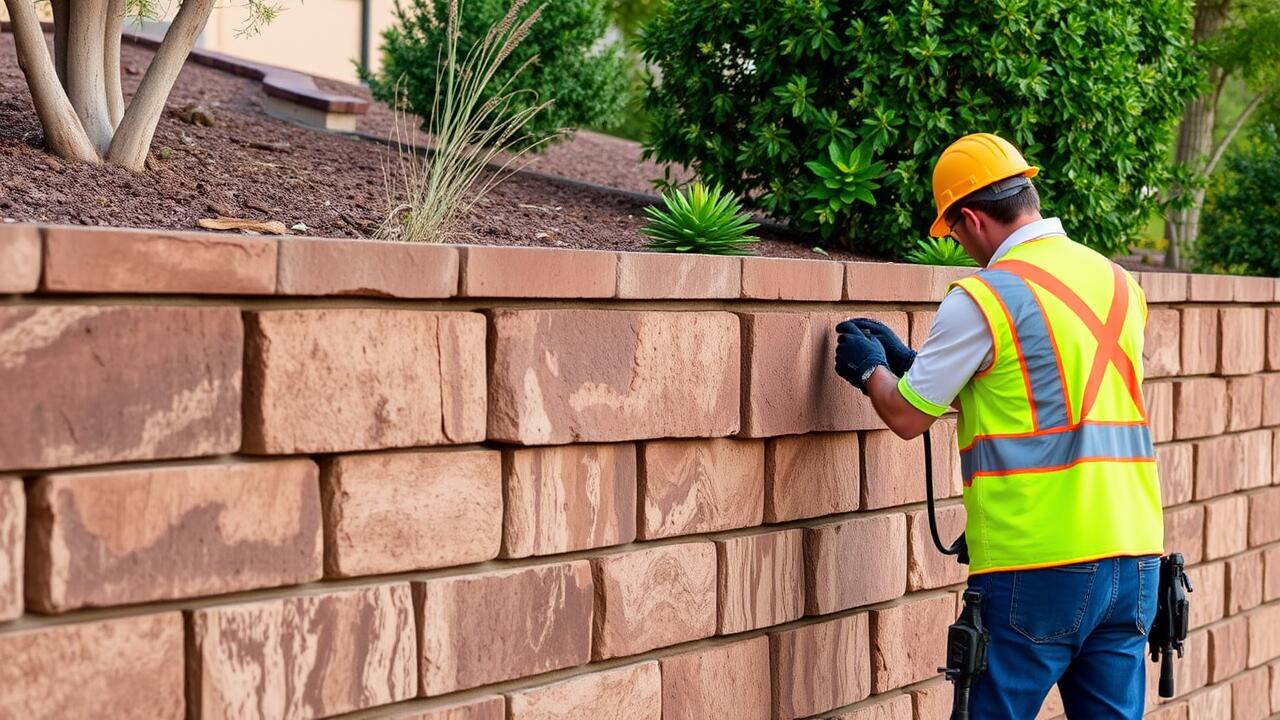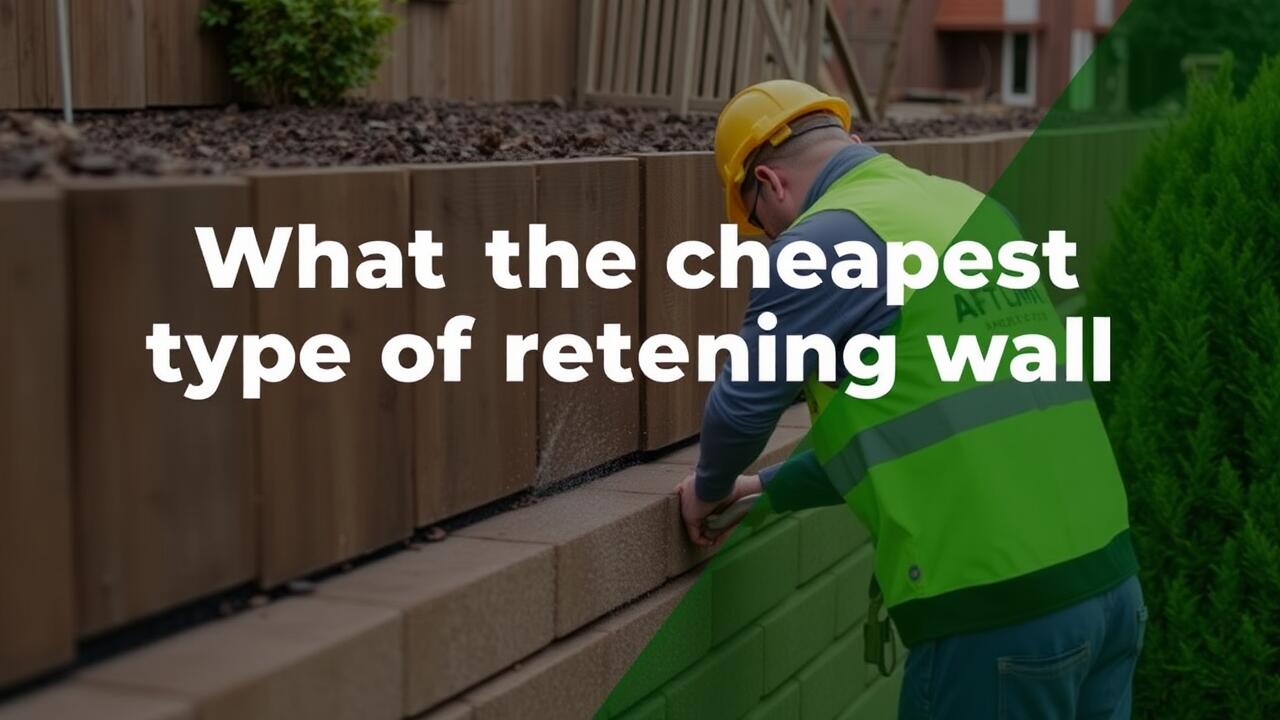
Gabion Walls
Gabion walls are constructed using wire mesh filled with rocks, stones, or other materials. They are a practical option often chosen for their cost-effectiveness and durability. Due to their simple design, these walls allow for quick assembly and require minimal maintenance over time. Many homeowners appreciate the natural aesthetic that gabion walls can provide, making them suitable for various landscaping projects.
For those considering retaining wall installation in Encanto, Phoenix, gabion walls can be an appealing choice. The installation process is typically straightforward, leading to reduced labor costs compared to other wall types. Additionally, sourcing the materials locally can further lower expenses. Their versatility makes them suitable for both decorative and functional purposes, catering to diverse project requirements.
Advantages and Installation Costs
Gabion walls offer several advantages, particularly in terms of affordability and versatility. Constructed from metal cages filled with stones or other materials, they can be built using locally sourced materials, reducing transportation costs. Their porous structure allows for proper drainage, minimizing the risk of water buildup behind the wall, which enhances stability. Gabion walls can also be aesthetically pleasing when using attractive stone fills, providing an organic look that complements natural landscapes.
Installation costs for gabion walls tend to be lower than more traditional wall options. They require minimal groundwork compared to concrete or stone walls, which often necessitate considerable excavation. The simplicity of the installation process enables faster construction times, further lowering labor costs. For those seeking efficient and economical solutions for landscape management, retaining wall installation in Encanto, Phoenix, may find gabion walls to be a practical choice.
Gravity Retaining Walls
Gravity retaining walls use their own weight to hold back soil. They are typically made from materials like concrete, stone, or brick. The design is straightforward, making them a popular choice for many homeowners. Their effectiveness lies in their mass, which resists lateral earth pressures. This type of wall can handle a variety of loads and is suitable for different types of terrains.
When considering gravity walls, installation costs can vary based on location and materials. For those seeking an economical option, proper planning is essential. In areas like North Gateway, Phoenix, retaining wall installation can take advantage of local suppliers to reduce expenses. Choosing cost-effective materials that still meet structural demands can provide both durability and savings.
Economical Options and Materials
When considering the most economical options for gravity retaining walls, local materials often play a crucial role. Products such as poured concrete, treated timber, or even recycled materials can significantly reduce costs while still ensuring functionality and durability. The overall design may also influence expenses, with simpler structures generally costing less to construct. Choosing a design that minimizes the need for additional reinforcements can further cut down on installation costs.
Retaining wall installation in Rio Vista, Phoenix, presents unique advantages due to the region's abundant supply of locally-sourced materials. Utilizing native stone or earth can help reduce transportation costs, while local labor may offer competitive pricing. Additionally, opting for materials that blend seamlessly with the surrounding landscape can enhance aesthetic appeal without incurring high expenses. Each of these factors contributes to a more affordable and efficient construction process.
Stone Retaining Walls
Stone retaining walls offer a natural and aesthetically pleasing solution for various landscaping needs. Available in a range of materials, such as granite, sandstone, and limestone, these walls blend well with natural surroundings. Their durability and strength make them ideal for holding back soil and water, which can be especially beneficial in areas prone to erosion. This type of wall not only serves a practical purpose but also enhances the visual appeal of a garden or outdoor space.
When considering stone retaining walls, installation costs can vary based on the type of stone used and the complexity of the structure. Homeowners in need of Retaining Wall Installation in North Gateway, Phoenix, may find that while these options can be more expensive upfront compared to other materials, the long-term benefits can justify the investment. Stone walls typically require less maintenance, offering a reliable solution that can withstand the test of time and environmental factors.
A Look at Affordability
Stone retaining walls offer a unique blend of durability and aesthetic appeal, but their affordability can vary significantly depending on the materials chosen and the local market. Options like fieldstone or recycled stone can be more economical, especially when sourced locally. However, the initial investment may be higher than simpler wall types. A skilled contractor is essential for proper installation, ensuring the wall meets both functional and structural requirements.
For those considering the costs involved in retaining wall construction, Retaining Wall Installation in North Gateway, Phoenix, can present some attractive price points. Local suppliers often provide budget-friendly materials, and there are labor costs to consider. Exploring various types of stone and installation methods can lead to substantial savings without sacrificing quality. Ultimately, careful planning and selection can make stone retaining walls a viable option for those on a budget.
FAQS
What is a gabion wall, and why is it considered cheap?
A gabion wall is made from wire mesh cages filled with rocks, stones, or other materials. It is considered a cost-effective option because it utilizes inexpensive materials and can often be built with minimal labor.
How do gravity retaining walls work?
Gravity retaining walls rely on their own weight to resist lateral soil pressure. They are typically made from concrete, stone, or masonry, and their design allows them to be economical when using readily available materials.
What materials are typically used for stone retaining walls?
Stone retaining walls are usually constructed using natural stone, concrete blocks, or even stacked stone. While natural stone can be more expensive, using recycled materials or locally sourced stones can help reduce costs.
Can I build a retaining wall myself to save money?
Yes, many homeowners opt to build their own retaining walls, especially with materials like gabions or gravity walls. However, it’s important to ensure proper installation and drainage to avoid future issues.
Are there additional costs associated with retaining walls besides materials?
Yes, additional costs may include site preparation, drainage systems, and labor if you hire professionals. It’s essential to factor in these costs when determining the overall budget for your retaining wall project.
